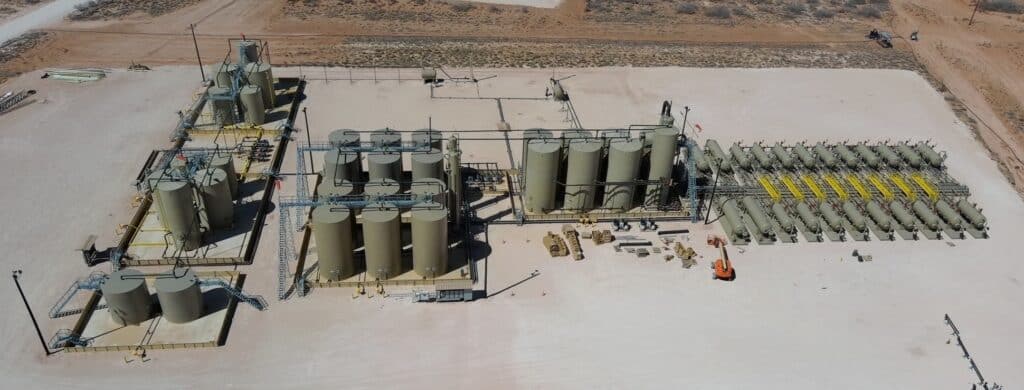The Evolution of Storage Tanks: Pioneering the Oil Industry's Future
Storage Tanks: A Historical Perspective
On the morning of August 27, 1859, the small town of Titusville, Pennsylvania witnessed a pivotal event in industrial history. Edwin Drake, an enterprising former railroad conductor, struck oil, marking the birth of the modern petroleum industry. This discovery ended the reliance on whale oil and initiated a series of innovations in energy storage and management.
Drake’s innovative drilling techniques, which involved using iron pipes to stabilize the well bore, allowed for deeper and more stable oil wells. In these early days, oil was stored in 42-gallon wine barrels, which became the standard measurement for oil. This period was characterized by rapid growth and the ad-hoc evolution of storage solutions to meet the burgeoning demand for petroleum.
From Wood to Steel: The Transformation of Storage Tanks
Initially, storage tanks were made from wood, mimicking the wine barrels previously used. However, as the demand for oil increased, the need for larger and more durable storage solutions became evident. The transition to steel tanks in the late 19th century was driven by the parallel advances in the steel industry, which was itself accelerated by the demands of industrialization and later, global conflicts.
By the early 20th century, the oil industry saw a standardization in tank construction with the introduction of bolted steel tanks. These tanks were favored for their cost-effectiveness and ease of assembly. However, they were soon surpassed by welded steel tanks as welding technology advanced. Companies like The National Tank Company of Tulsa led the way in the 1920s by selling shop-welded oilfield storage tanks, which offered superior durability and leak prevention.

KBK Industries: Leading Innovation in Oil Storage
As the oil industry evolved, KBK Industries emerged as a leader in the development and manufacturing of advanced oil storage solutions. Recognized for its commitment to quality and innovation, KBK introduced the KBK HWSB® (High Water Separation Battery), a system designed to enhance the efficiency of oil-water separation processes. This technology not only improved operational efficiencies but also addressed environmental concerns by reducing oil-in-water concentrations significantly.
The environmental impact of oil storage and separation has been a significant concern throughout the industry’s history. In response, KBK Industries has focused on developing technologies that help reduce the ecological footprint of oil extraction and storage. The KBK HWSB® system is a testament to this focus, offering an environmentally friendly solution that meets stringent regulatory standards while maintaining high operational efficiency.
The Modern Era: Composite Materials and Advanced Designs
In recent years, the industry has seen the introduction of new materials and designs in storage tank construction. KBK Industries has stayed at the forefront of these developments, employing composite materials like fiberglass and advanced alloys to further enhance the durability and corrosion resistance of storage tanks. These materials not only extend the life of the tanks but also contribute to safer and more sustainable oilfield operations.
The KBK Central Tank Battery represents the latest in oilfield storage and separation technology. This system clusters storage and separation facilities together, optimizing both space and operational efficiency. It exemplifies KBK’s innovative approach to design, combining multiple functions in a single installation that can be easily adapted to changing production rates and requirements.
Future Innovations and Industry Trends
As the oil industry continues to evolve, KBK Industries remains committed to leading the way in storage tank technology. Future innovations are likely to focus on automation and smart monitoring systems that further enhance efficiency and safety. Additionally, as the global energy landscape shifts towards renewable sources, KBK is poised to adapt its technologies to integrate with new forms of energy production and storage.
KBK Industries has not only adapted to changes in the oil industry but has often driven them, introducing new technologies and practices that have set standards across the industry. As the industry continues to face challenges related to efficiency, environmental impact, and shifting energy paradigms, KBK’s role as a leader in storage solution innovation will be crucial. The company’s commitment to quality, innovation, and environmental stewardship ensures it will continue to influence the future of oil storage technologies. If you want to learn more, contact us today!
